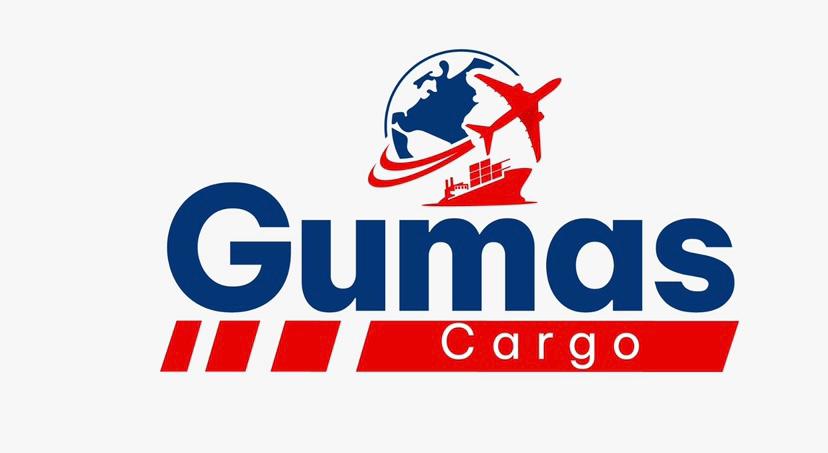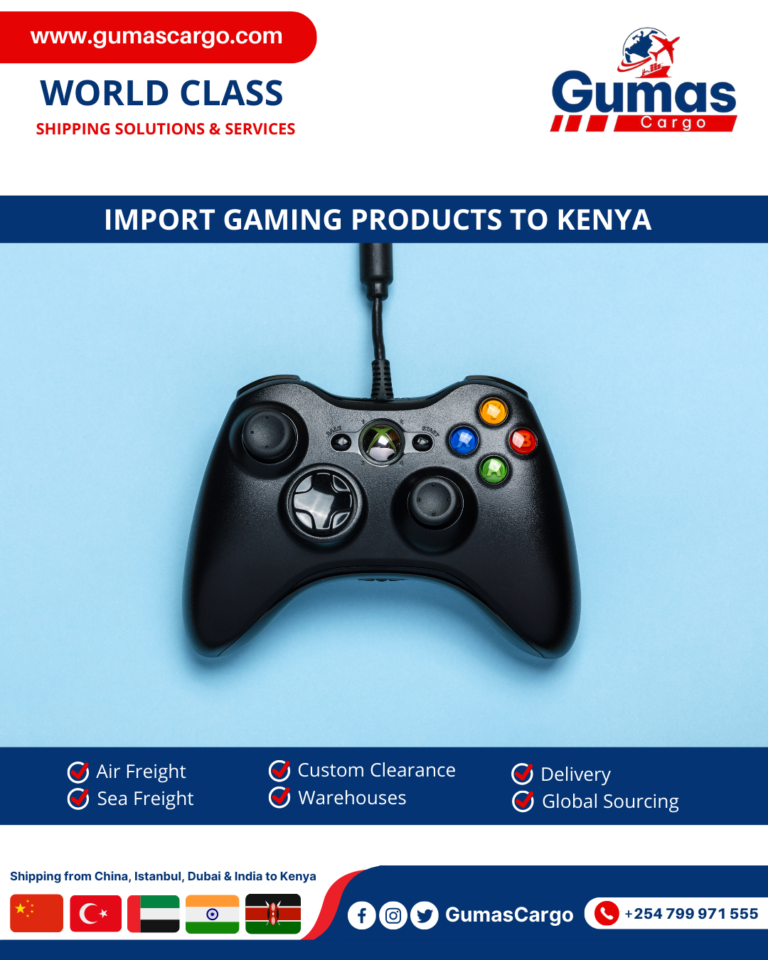Popular Imported Products: Trends and Opportunities in Kenya
Kenya, a country situated on Africa’s east-central coast, is a bustling hub of import and export activity. With its strategic location and growing economy, Kenya offers a wealth of opportunities for businesses looking to tap into the import market. In this article, we will delve into the popular imported products in Kenya, the current trends shaping the import market, and the opportunities these present for businesses.
Popular Imported Products in Kenya
Kenya’s import market is diverse, with a range of products being imported to meet the needs of its consumers12. Here are some of the top imported products:
- Mineral Fuels Including Oil: Accounting for 26.5% of total imports, mineral fuels including oil are a significant part of Kenya’s import market1. This is primarily due to Kenya’s energy needs.
- Machinery Including Computers: Machinery and computer-related products make up 6.7% of Kenya’s imports1. These are essential for various sectors including manufacturing, ICT, and education.
- Iron and Steel: Iron and steel imports account for 5.9% of total imports1, catering to the construction and manufacturing sectors.
- Cereals: Cereals make up 5.7% of Kenya’s imports1, indicating a high demand for food products.
- Animal/Vegetable Fats, Oils, Waxes: These products account for 5.5% of total imports1, used in various industries including food processing and cosmetics.
- Electrical Machinery, Equipment: Electrical machinery and equipment make up 5.1% of total imports1, serving sectors like manufacturing, ICT, and household appliances.
Trends in Kenya’s Import Market
Several trends are shaping Kenya’s import market:
- Increasing Import Value: From 2021 to 2022, the total cost for Kenyan imports rose by 9.5%, reflecting an increasing demand for imported goods1.
- Depreciation of Kenyan Shilling: The Kenyan shilling depreciated by -16.4% against the US dollar from 2018 to 20221. This makes imports paid for in US dollars relatively more expensive when converted from Kenyan shillings.
- Diverse Import Partners: Kenya imports products from a variety of countries including China (18.2%), United Arab Emirates (16.4%), India (10.1%), Saudi Arabia (4.9%), Malaysia (4.8%), Japan (3.9%), United States (3.8%), South Africa (2.5%), Tanzania (2.1%), South Korea (2%), Egypt (1.8%) and Uganda (1.6%)1.
Opportunities in Kenya’s Import Market
The trends and popular products in Kenya’s import market present several opportunities:
- Agriculture and Agro-processing: With cereals being one of the top imports, there is potential for businesses in the agriculture and agro-processing sector3.
- Aviation Parts: Given the significant percentage of machinery-related imports, businesses dealing with aviation parts can find opportunities in Kenya3.
- Infrastructure Services: The importation of iron, steel, and machinery indicates a demand related to infrastructure development3.
- Education: The importation of computer-related products suggests opportunities in the education sector, particularly in digital learning solutions3.
- Energy Storage and Transmission: The high importation of mineral fuels points to opportunities in energy storage and transmission solutions3.
- ICT Hardware and Software: The demand for electrical machinery and equipment opens up opportunities for ICT hardware and software businesses3.
- Healthcare Equipment: The importation of pharmaceuticals indicates potential opportunities in healthcare equipment3.
In conclusion, understanding the popular imported products, current trends, and potential opportunities in Kenya’s import market can help businesses strategize effectively to tap into this vibrant market.

At Gumas cargo, we offer air cargo, sea cargo, land cargo, door to door, online shopping, parcel delivery, warehouse storage, custom clearance and brokerage at competitive rates. We also offer tailor-made solutions for your cargo services. Gumas Cargo prides itself on offering the highest levels of service to its customers.







